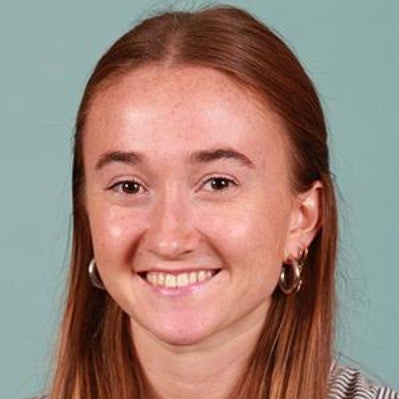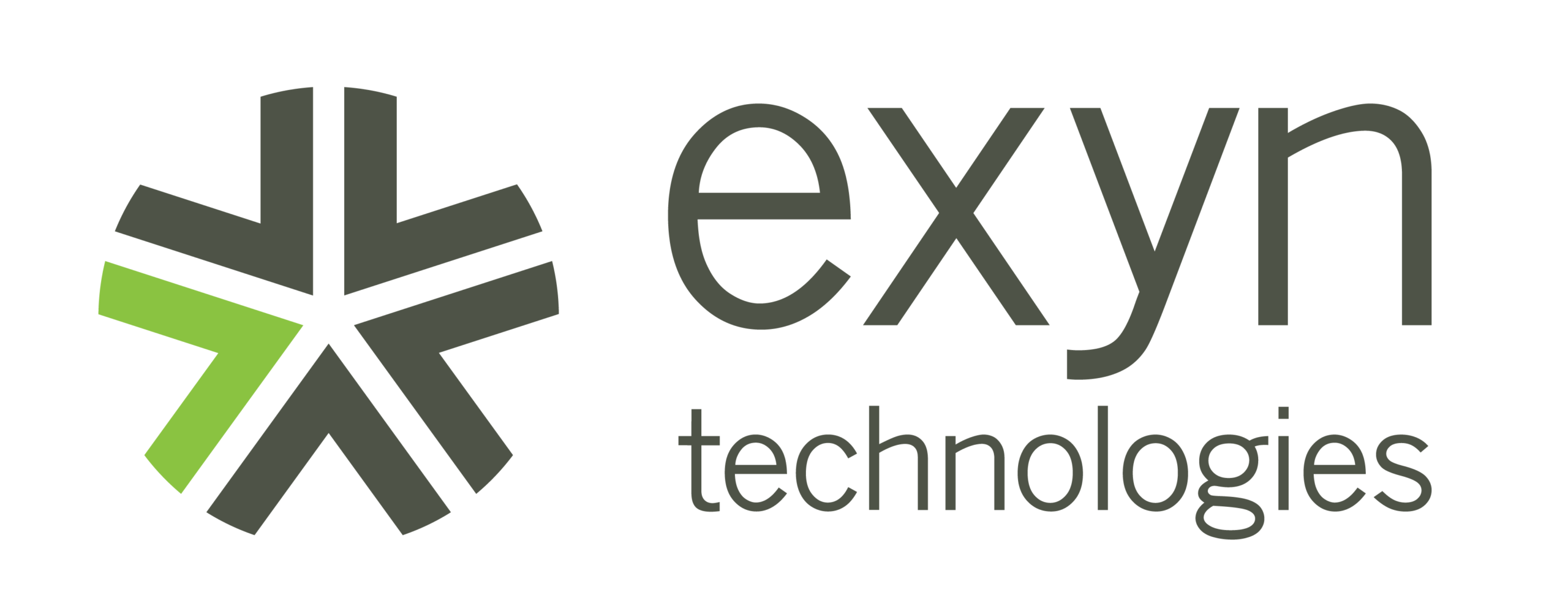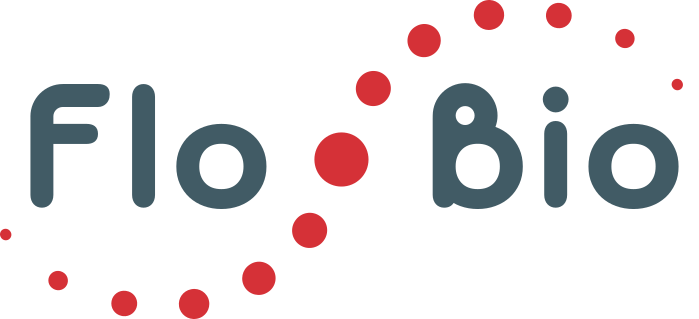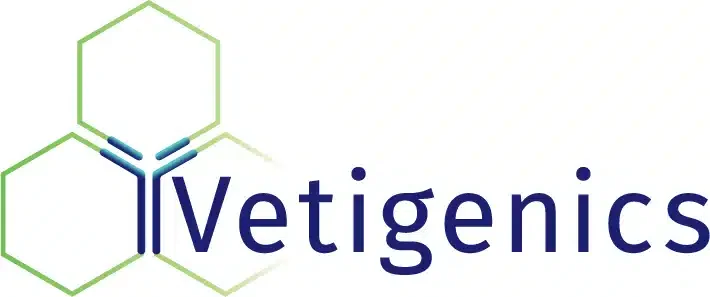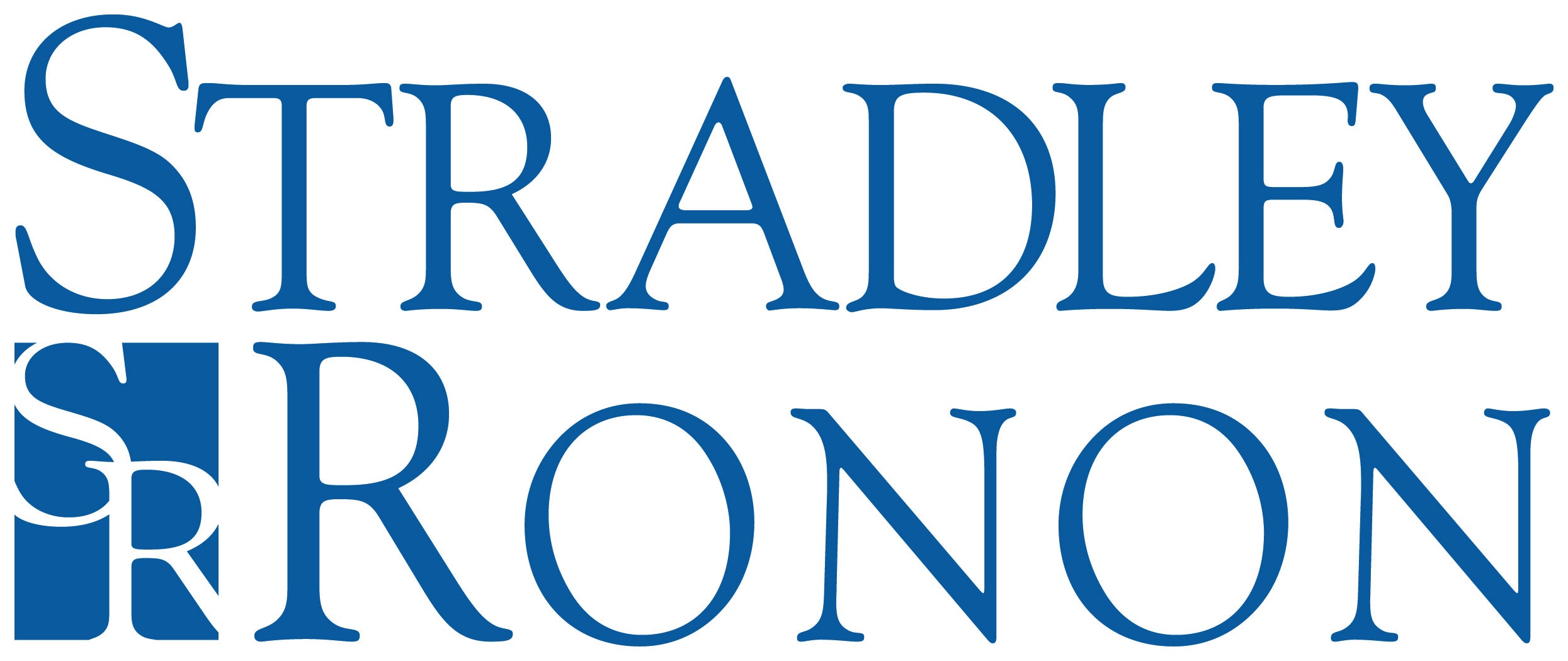PCIV Spotlight 2023
The PCI Ventures 2023 Annual Report
About PCI Ventures
We provide a wide-ranging suite of products and services to support the development of early stage companies based on technologies and business ideas created at Penn as they make their way towards commercial success.
PCI Ventures actively seeks entrepreneurs to lead our portfolio companies and investors to provide funding for new ventures in development.
Learn MoreOur Mission
PCI Ventures, a division of the Penn Center for Innovation, helps maximize the potential of Penn’s pioneering research to benefit the University, the investigative team, and society through the creation and stimulus of entrepreneurial endeavors at Penn.
PCIV Resources
- Addressable market analysis
- Corporate governance support
- Commercialization grant assistance
- Marketing material development
- Company registration
- Education programs
- Entrepreneur coaching
- Executive-level recruitment
- Fundraising support
- IP strategy development
- Legal agreement templates
- Mentors-in-Residence
- Preferred vendor relations
- Strategic partner outreach
- Weekly office hours
- Workshops
By the Numbers
2023 PCIV Statistics
Please use your mouse scroller to scroll through all of the statistics.
73
Active Companies
8
New companies
5
Company executives hired
2
Company exits
$147M
Raised by 11 portfolio companies
$286K
In portfolio company-sponsored research funding to Penn
6
Companies generating revenue
Overall PCIV Statistics
13
Years of operations
76
Companies have received funding
$684M
Cumulative funds raised
$25M
In portfolio company-sponsored research funding to Penn
90
Unique sources of company funding
7
Company exits
4
FDA 510(k) clearances by portfolio companies
Highlights
Portfolio Highlights
Other Fundraising Highlights
Please use your mouse scroller to scroll through all highlights.

Vellum Biosciences – Awarded a $299K NIH STTR Phase I Grant

Vellum Biosciences – Mark Sellmyer, MD, PhD, Founder and Assistant Professor of Radiology at Penn Medicine, recipient of the Accelerating from Lab to Market Pre-Seed Grant at Penn

Ostiio – Awarded a $1.5M NIH SBIR Phase II Grant

Ostiio – Awarded a $1M NSF SBIR Phase II Grant

AltruMed – Awarded a $319K NIH STTR Phase I Grant

SightPath VR – Jean Bennett, MD, PhD, Founder and F.M. Kirby Professor of Ophthalmology at Penn Medicine, recipient of a Penn Health-Tech Seed Grant

Liquid BioDx – Awarded a $399K NIH SBIR Phase I Grant

Right Air – Secured financing
2023 Exits
New PCIV Supported Companies
Agni Semiconductor
Agni Semiconductor (Deep Jariwala, PhD, Associate Professor of Electrical and Systems Engineering at Penn Engineering, Troy Olsson, PhD, Associate Professor of Electrical and Systems Engineering at Penn Engineering, and Eric Stach, PhD, Robert D. Bent Professor of Engineering in Materials Science and Engineering at Penn Engineering) is developing memory systems for extreme environments and low-power computing.
Cyclemer
Cyclemer (Daniel Mindiola, PhD, Brush Family Professor of Chemistry at Penn Arts & Sciences, and John Russell, PhD student at Penn Chemistry) is developing cyclic conjugated polymers for industrial applications.
Luminosity Wearables
Luminosity Wearables (Amanda Watson, PhD, Assistant Professor in Electrical Engineering and Computer Science at the University of Virginia and formerly a Postdoctoral Researcher at the PRECISE Center at Penn, and Anush Niranjan, PhD student at Drexel University) is enabling non-invasive glucose monitoring using off-the-shelf wearable devices.
OmicPath AI
OmicPath AI (Mingyao Li, PhD, Professor of Biostatistics at Penn Medicine and Daiwei Zhang, PhD, Research Associate in Biostatistics at Penn Medicine) is developing an end-to-end workflow that integrates Spatial Transcriptomics (ST) data and high-resolution histology images to predict spatial gene expression and characterize tissue architecture with single-cell resolution.
SightPath VR
SightPath VR (Jean Bennett, MD, PhD, F.M. Kirby Professor of Ophthalmology at Penn Medicine) is developing a virtual reality navigation test to assess functional vision for the diagnosis of blinding disorders and evaluation of disease interventions.
Spyridon Biotech
Spyridon Biotech (John Nicholas Betley, PhD, Associate Professor of Biology at Penn Arts & Sciences, and Christoph Thaiss, PhD, Assistant Professor of Microbioloy at Penn Medicine) is developing first-in-class modulators that enhance exercise motivation by stimulating the transmission of gut-derived signals to the brain.
SyzOnc
SyzOnc (Tzipora Sarah Karin Eizinger, PhD, Ann B. Young Assistant Professor in Cancer Research at Penn Medicine, Anne Carpenter, PhD, Senior Director of the Imaging Platform at Broad Institute of MIT and Harvard, and Ashley Fuller, PhD, Postdoctoral Researcher at Penn Medicine) is developing cancer therapies that target untapped biological pathways and the tumor microenvironment, beginning with the Hippo pathway in soft-tissue sarcomas.
Tarna Therapeutics
Tarna Therapeutics (Katalin Susztak, MD, PhD, Professor of Medicine and Genetics at Penn Medicine) is developing precision therapeutics for patients suffering from kidney disease.
PCIV LUMINARIES

David Yonce, MBA
David Yonce is the CEO of Cogwear, a brain technology company that improves human health, peace, and performance through its comfortable, wearable technology for better brain insights. In 2019, David was seeking a role that demanded his diverse skill set and was drawn to shaping the commercial future of the pioneering technology underlying Cogwear’s platform.
Developed by Cogwear’s founding neuroscientists, Michael Platt and Arjun Ramakrishnan, the company’s proprietary dry EEG sensors, embedded within a wearable headband, provide users with access to clinical-grade cognitive and emotional data in real-time. “The brain is so complex, so powerful, and so ripe for new applications and therapies,” shared David. “Creating innovative technology and developing it to a point of breakthrough performance never grows old!”
As CEO, David navigates challenges inherent to start-ups, which include addressing unmet needs, understanding product-market fit, and developing a commercial strategy that matches the operational capabilities of the company.
Under his nimble leadership, Cogwear is pursuing a B2B strategy by offering a technology platform that has potential uses across a range of industries. The company has earned early revenue through its partnership with GlassView, the world’s largest independent video advertising distribution and performance platform. The companies are working together to scale a new neuromarketing solution in use by major brands. Cogwear also has a commercial partnership with Rezon, a UK-based company that makes and markets brain protection equipment for athletes. In addition to generating revenue, these initial partnerships will help Cogwear accelerate success in other markets, especially healthcare where Cogwear’s technology could have the greatest societal impact. For example, Cogwear could play a critical role in the diagnosis and treatment of hundreds of millions of patients grappling with brain disorders, such as mental health, Alzheimer’s disease, and traumatic brain injuries.
The team will soon complete the first version of their brain health mobile app. By the end of 2024, the company will also roll out version 2.0 of their wearable: a machine-washable brain-sensing headband that incorporates upgrades to the latest wireless communication standards.
David was keen to point out that the journey has been rewarding. “I’m most proud of our team and what we pulled together in the last year,” he said. “Hardware, algorithms, and software all came together to launch our first commercial activities with overwhelming success.”
Read more about Cogwear’s accomplishments in 2023 in their Highlight.

Michael Platt, PhD
When Dr. Michael Platt was recruited to Penn in 2015, with appointments in the Perelman School of Medicine, School of Arts and Sciences, and Wharton, his goal was to get neuroscience out of the lab and clinic and into the hands of people.
Founding Cogwear created an avenue to empower people with precision brain insights at home, at work, at the doctor, or out on the playing field. Dr. Platt said he envisioned “Cogwear reaching anyone and everyone who cares about their brain health, and the cognitive and emotional health of their loved ones, as well as anyone and everyone who cares about maximizing their mental performance.”
This vision has become a reality through Cogwear’s partnerships with GlassView and Rezon, which have demonstrated the power of the platform. “Our joint venture, GlassView Origin, has delivered unparalleled lift in digital media optimization for multiple companies, validating and endorsing my mantra — if you want to know the truth, ask the brain directly,” shared Dr. Platt.
Despite the challenging economic environment, which is affecting the entire start-up community, Cogwear remains resilient and continues to advance its platform. For Dr. Platt, one of the most rewarding aspects of working on his start-up is that moment when potential customers and investors resonate with Cogwear’s offering: “I love the dynamic pace and creative tempo. It’s like high-intensity interval training for my own brain,” he said.
Read more about how Cogwear is making brain insights accessible to all in their Highlight.
THE TEAM

Michael D. Poisel, MS, MBA
Executive Director, PCI Ventures

Melisa Lopez-Anton, PhD
Assistant Director, PCI Ventures

Bhavana Mohanraj, PhD
Interim Executive Director, PCI Ventures

Yi-Yen Chen, PhD
Associate Director, PCI Ventures

